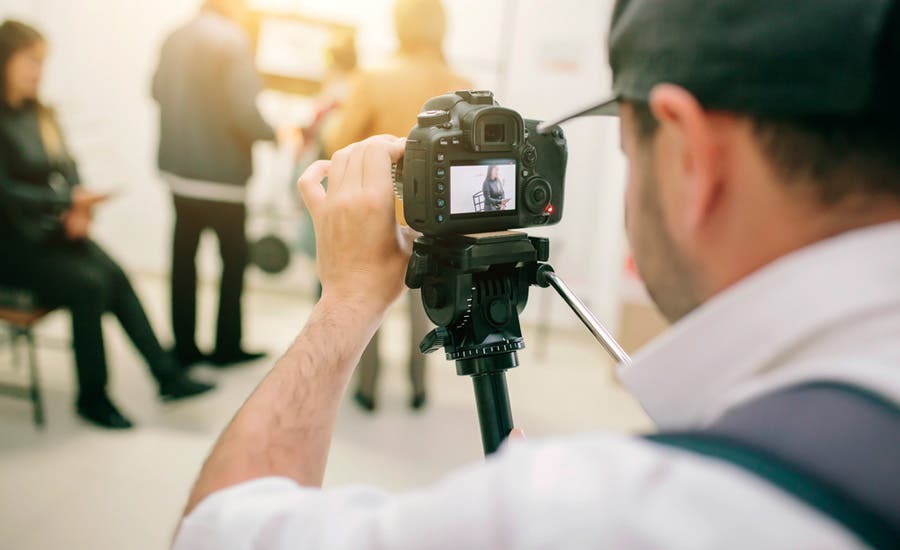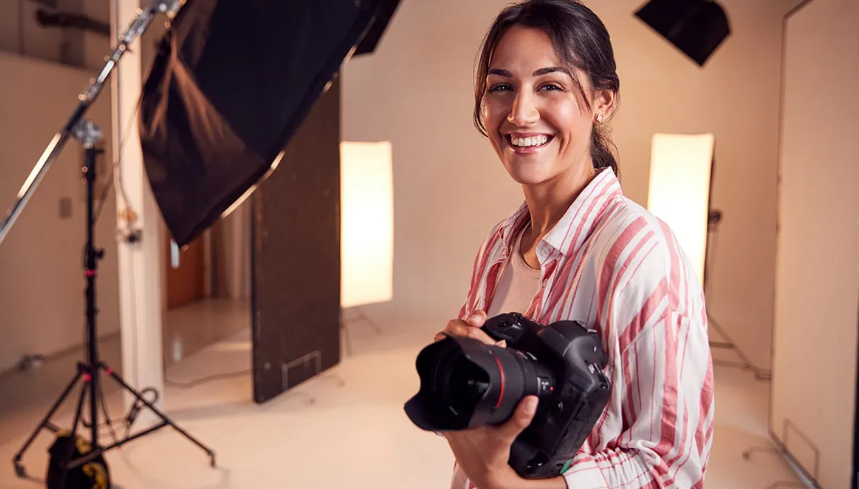Lights, Camera, Respect: Essential Videography Etiquette for Filmmakers
Introduction:
Whether you're a professional videographer or a hobbyist, there are certain etiquette rules that you should follow when filming in public. Videography etiquette is all about being respectful of others, following the law, and producing high-quality footage. In this post, we'll share some essential tips for videography etiquette that every filmmaker should know.

Body:
- Obtain Consent Before Filming
It's essential to obtain consent from anyone you're filming, especially if you're filming in a public place. You should always ask for permission before filming someone, and if they refuse, you should respect their wishes and not film them.
- Respect People's Privacy
If you're filming in a public place, you should be mindful of people's privacy. Avoid filming people in intimate moments, such as when they're eating, sleeping, or using the restroom. Additionally, be respectful of people's personal space and avoid filming them from a close distance.
- Follow the Law
When filming in public, you should be aware of the laws and regulations in your area. For example, in some states, it's illegal to film police officers or government buildings without permission. Make sure you understand the laws and regulations in your area to avoid any legal issues.
- Be Mindful of Noise
When filming in public, be mindful of the noise level. Avoid making unnecessary noise, such as yelling or playing loud music, as it can disrupt the environment and ruin the footage. Additionally, make sure to use a microphone or other audio equipment to capture high-quality sound.
- Clean Up After Yourself
When you're finished filming, be sure to clean up after yourself. This means disposing of any trash or equipment and leaving the area better than you found it. Not only is this respectful to others, but it also ensures that the environment remains clean and safe for everyone.

Conclusion:
Videography etiquette is all about being respectful of others and producing high-quality footage. By obtaining consent before filming, respecting people's privacy, following the law, being mindful of noise, and cleaning up after yourself, you can ensure that your videography projects are professional and respectful. Remember, videography is not only an art form but also a responsibility. Follow these etiquette rules, and you'll be on your way to becoming a successful and respectful filmmaker.


 由 Admin
由 Admin





